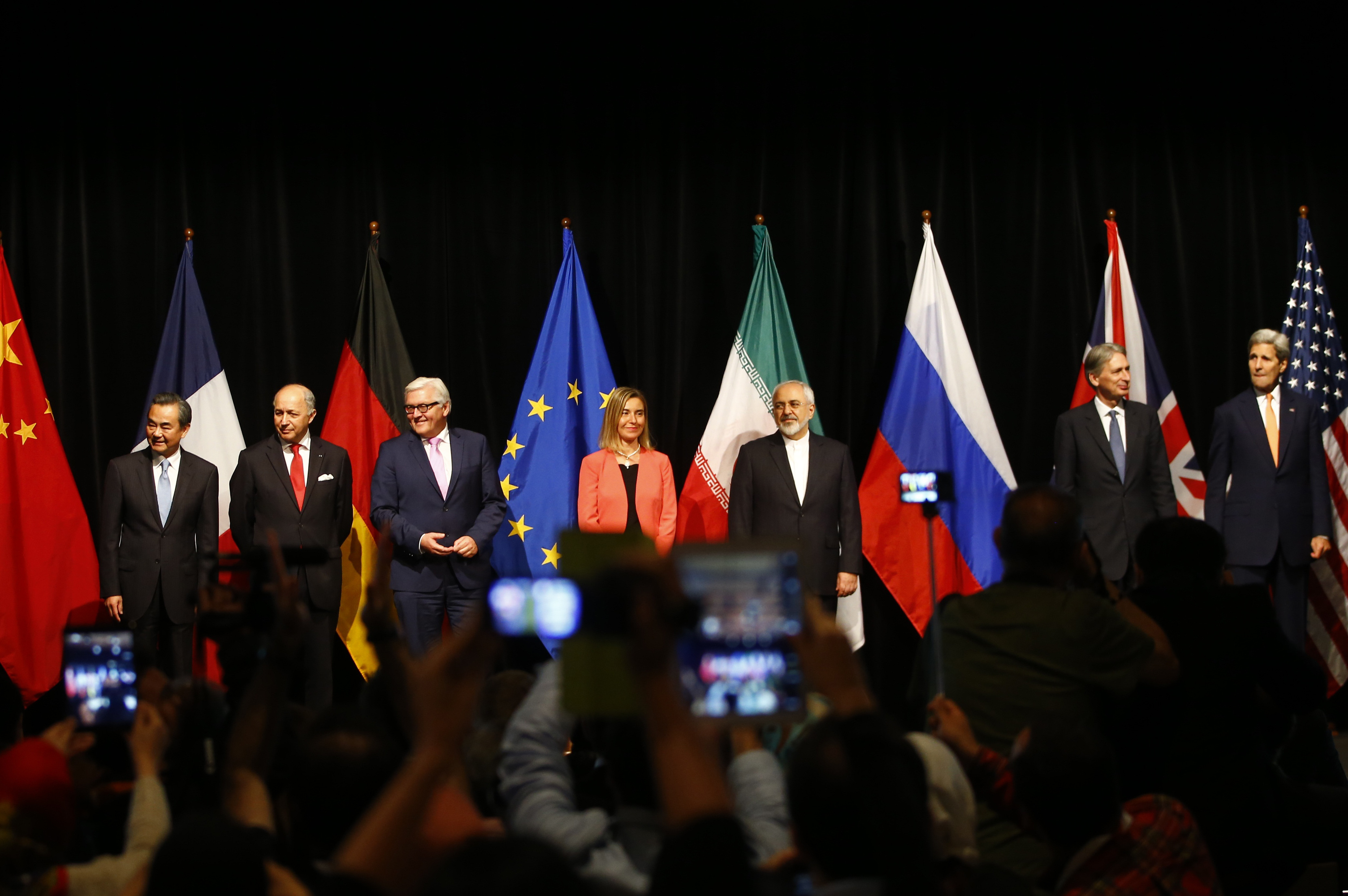Landau urged the US not to lower its standards in any negotiations about limiting Iranian ballistic missile tests.
Unless the Trump administration keeps a threat hanging over the Europeans about quitting the Iran nuclear agreement, the EU will not confront Tehran about plugging the deal’s holes, a top Iran expert said on Tuesday.
INSS Arms Control Director Emily Landau, speaking at the Conference of Presidents of Major American Jewish Organizations, said there are signs that May 12 “might not be as strict a date as we thought” for the EU to agree on how to improve the accord, without which Trump had threatened to end it.
Calling the development of Trump showing flexibility over his deadline a mixed bag, she warned that the EU has showed “some movement” and readiness to join the US in pushing for filling the agreement’s holes, “but the movement only came with the threat of the Trump administration to leave the deal.”
While “there might be a case if Trump gets a commitment from the Europeans to address issues” with the accord, it could also be “bad news, because without the threat, the Europeans won’t budge.”
Landau continued that “a little bit more time is not a bad thing. The bad thing is that the most problematic party as things unfold… is the European states which were part of the P5+1 [the UN Security Council’s five permanent members plus Germany that negotiated the accord with Iran]… demonstrating extreme obstinacy and a total unwillingness to address flaws in the JCPOA [the deal] – the problems with the deal are real.”

The INSS Iran expert said that “Europe has taught us in recent years that what they value most is economic deals with Iran. That is more important than their professed opposition to nuclear proliferation or their professed commitment to human rights.”
Landau urged the US not to lower its standards in any negotiations about limiting Iranian ballistic missile tests.
Expressing concern that the US might settle for only limiting long-range Iranian ballistic missile testing, she said that medium-range missiles could still reach Israel and could be modified to essentially be long-range.
Shalem Center expert Thamar Eilam Gindin, also on the panel, gave a detailed review of Iran’s complex internal politics, including analyzing the trends and groups involved in the recent protest movement.
Retired IDF Col. Eran Lerman of the Jerusalem for Institute Strategic Studies expressed concern that Iran may be focusing more on destabilizing Jordan in order to turn the West Bank into the next Gaza, as promised by Supreme Leader Ayatollah Ali Khamenei.
He also noted that Iran’s recent drone invasion of Israeli air space came after the drone spent time flying through Jordan.
Retired IDF Lt.-Col. Mickey Segall said that Tehran had used similar drone tactics both against Israel and in Yemen against Saudi forces, and that an eye should be kept on new Iranian tactics.
As reported by The Jerusalem Post
